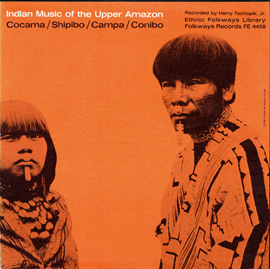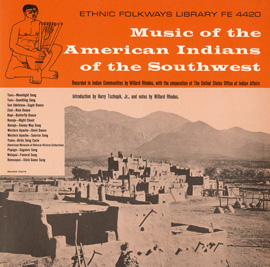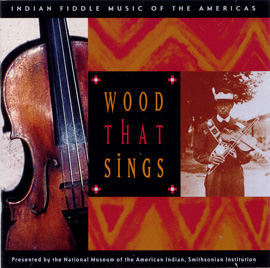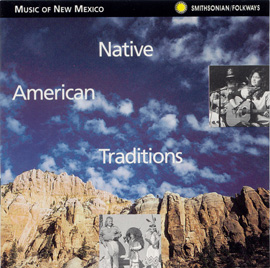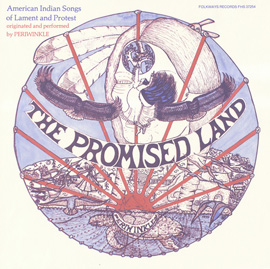From the Andes to the Arctic
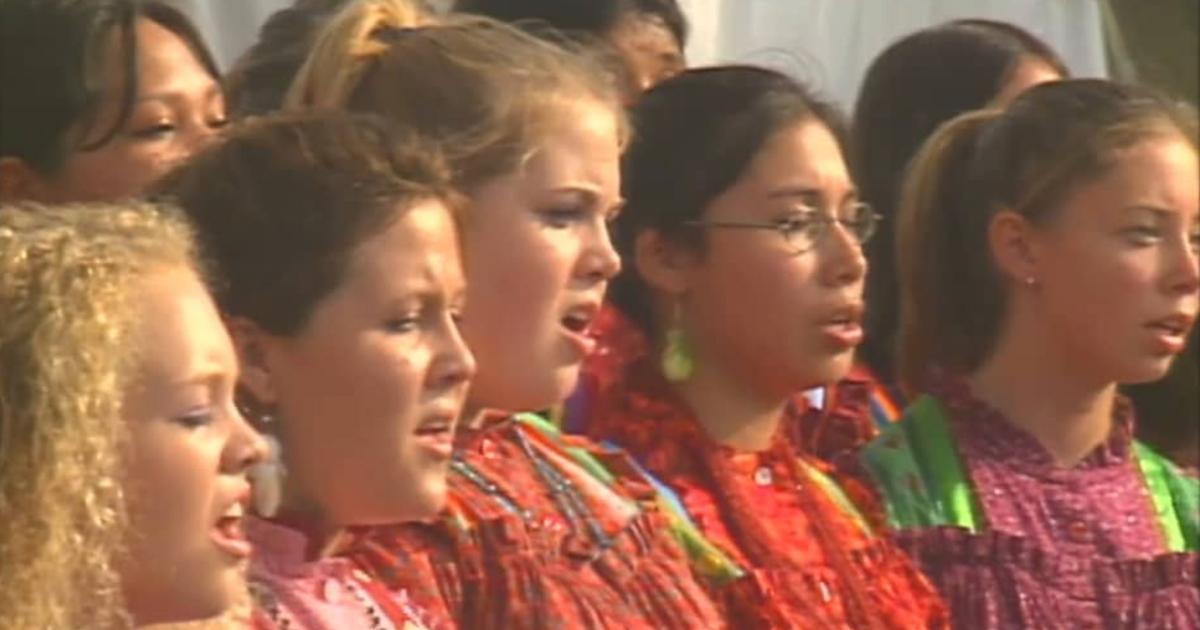
Smithsonian Folkways offers many archival recordings of American Indian music, as well as contemporary pieces by innovative and traditional musicians. Each track illuminates the central role that music plays in American Indian culture and is evidence of both difference and similarity across a hemisphere of Native peoples.
Sounds of the Land
Land and climate are important in shaping the music of American Indian cultures. Zuni rain dances, Andean mountain music, and Inuit throat singing reflect unique aspects of the environment in which they are performed. Songs inspired by wind, water, or animals often reflect cultural relationships with nature and sacred connections to the earth.
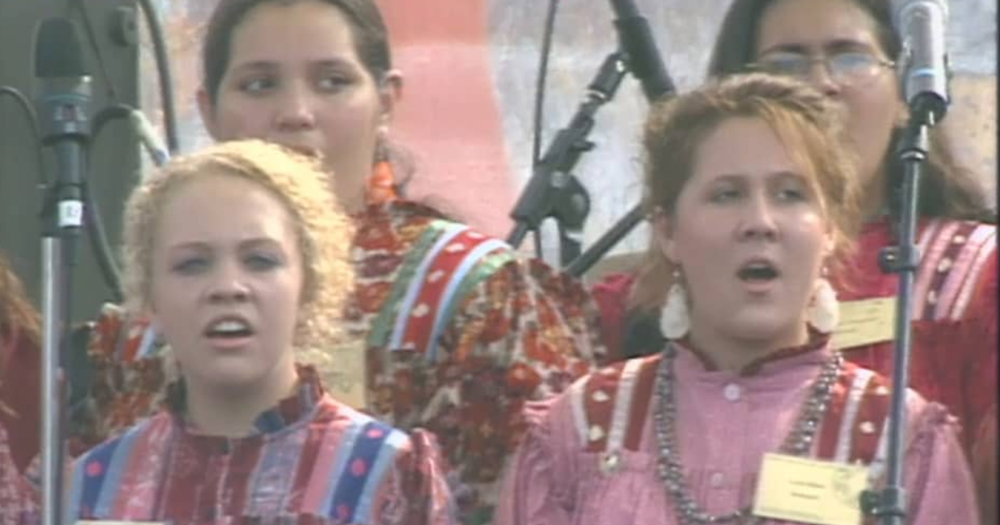
Sounds of Change
Despite their wide variety of languages, geographies, and cultures, most American Indian societies share a history of European contact and of rapid social and economic change due to European immigration and expansion. This encounter affected traditional musical styles as well. Some foreign muscial genres (Christian hymns) were imposed on American Indians, but certain traits (vocal stylings) and whole genres (fiddle dance music) were adopted willingly. Although European origins may be discernable in some American Indian songs, it remains Indian music, played by and for American Indian people with distinctive styles and musical values.
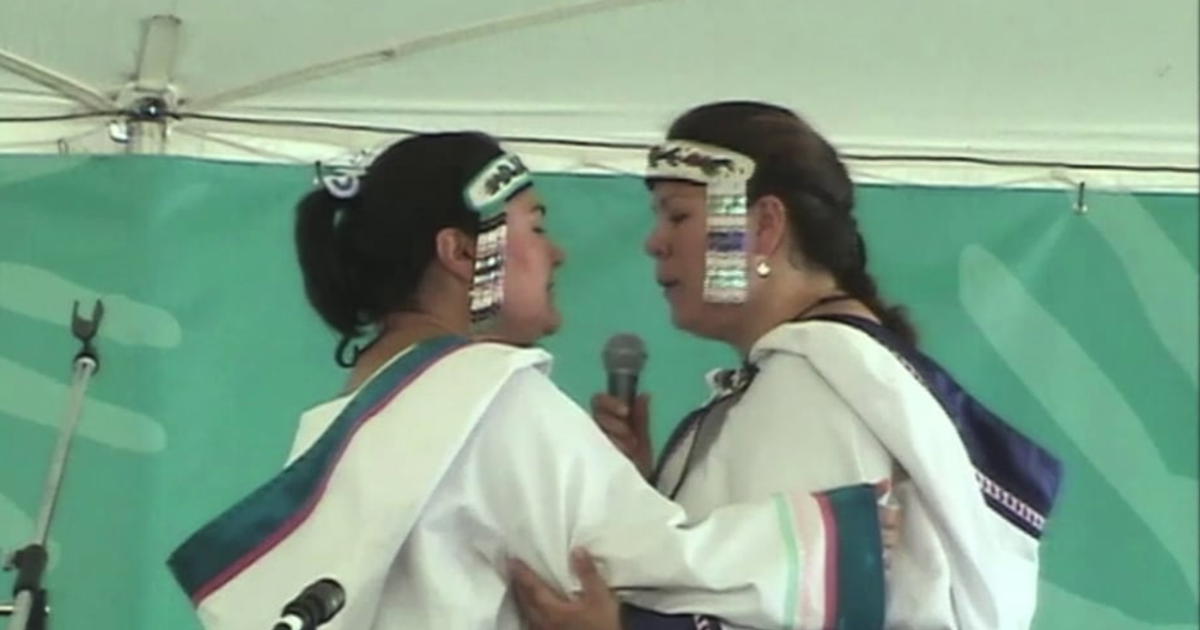
Sounds of Protest and Pride
Protest singing during the period of American social unrest in the late 1960s included many American Indian voices. They addressed issues of social injustice, governmental interference, environmental degradation, and poverty on the reservation. While many American Indian protest singers strummed acoustic guitars, some recognized and reinvigorated Native musical traditions and languages while singing for the rights of and respect due to American Indians. Their songs convey a deep pride in their musical and cultural heritage and ensure, as Founding Director Rick West stated at the opening of the Smithsonian National Museum of the American Indian, that "American Indians will be part of the cultural future."


